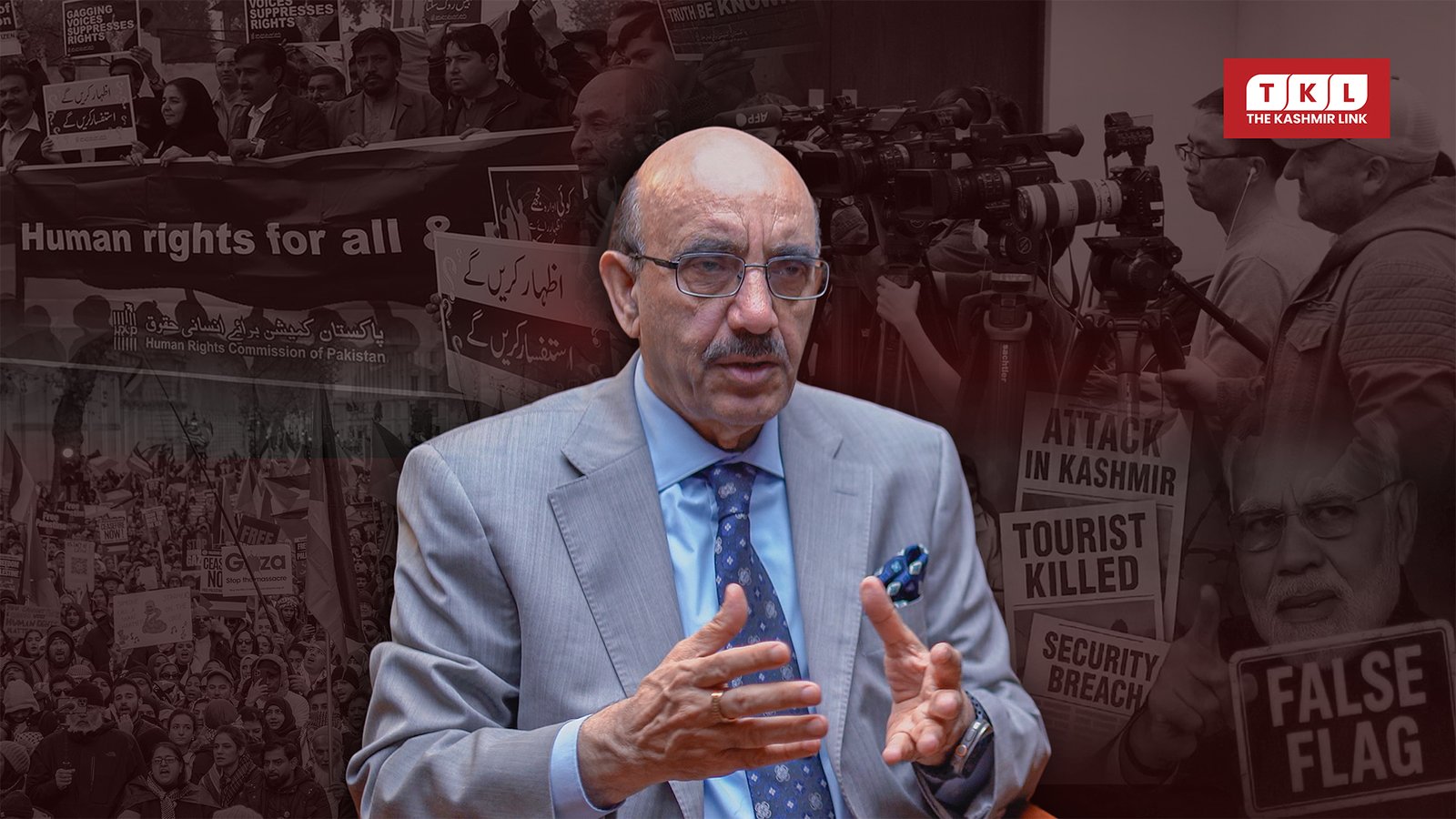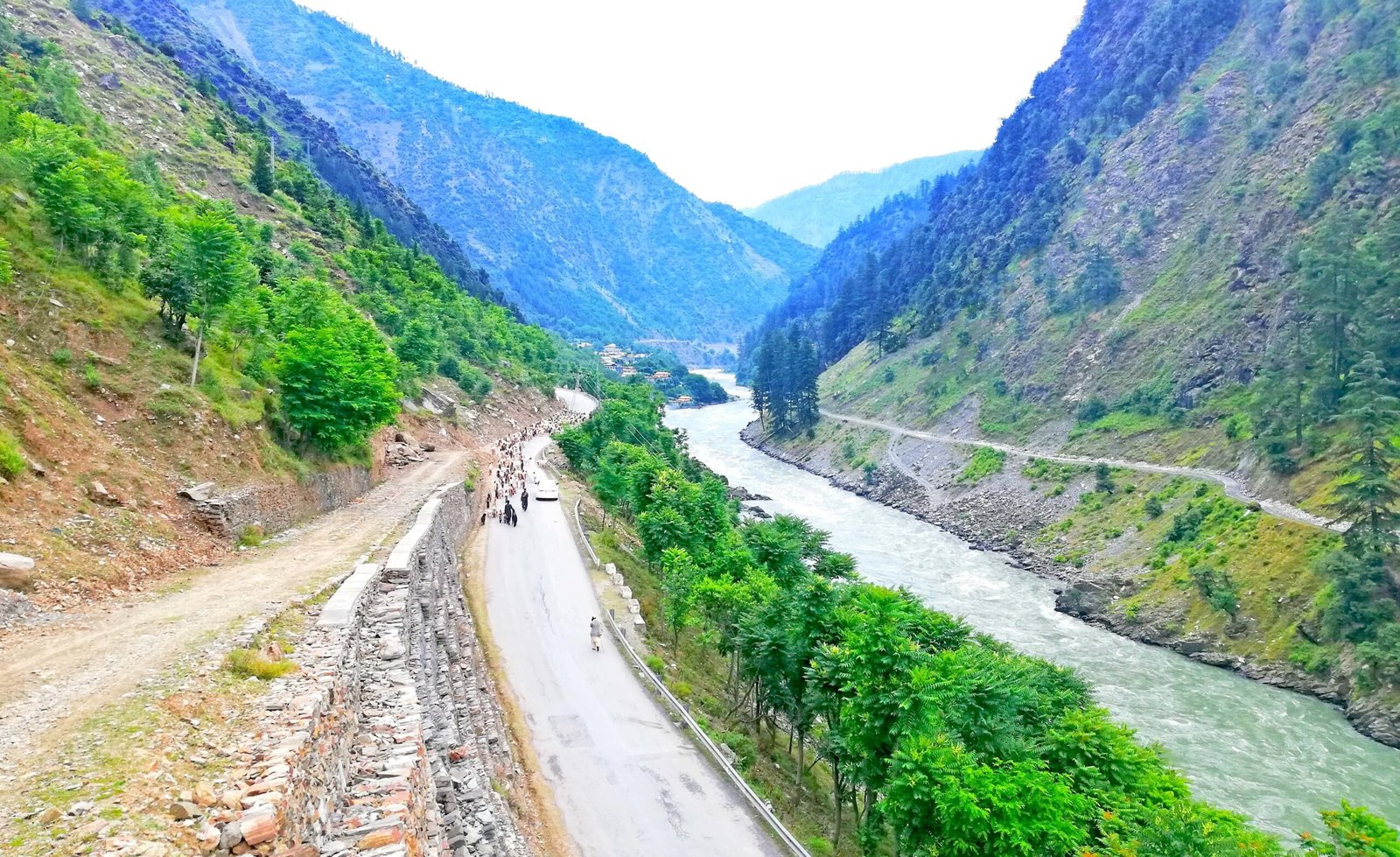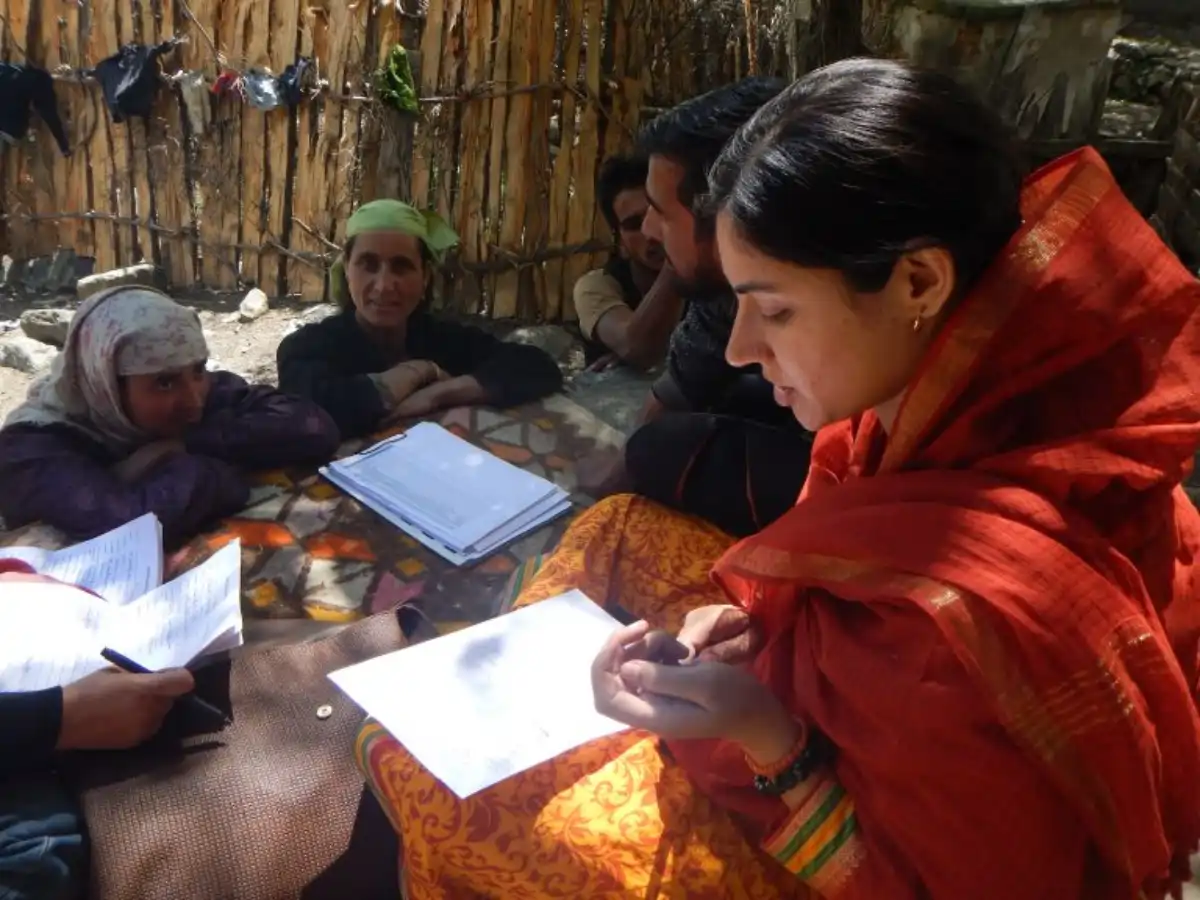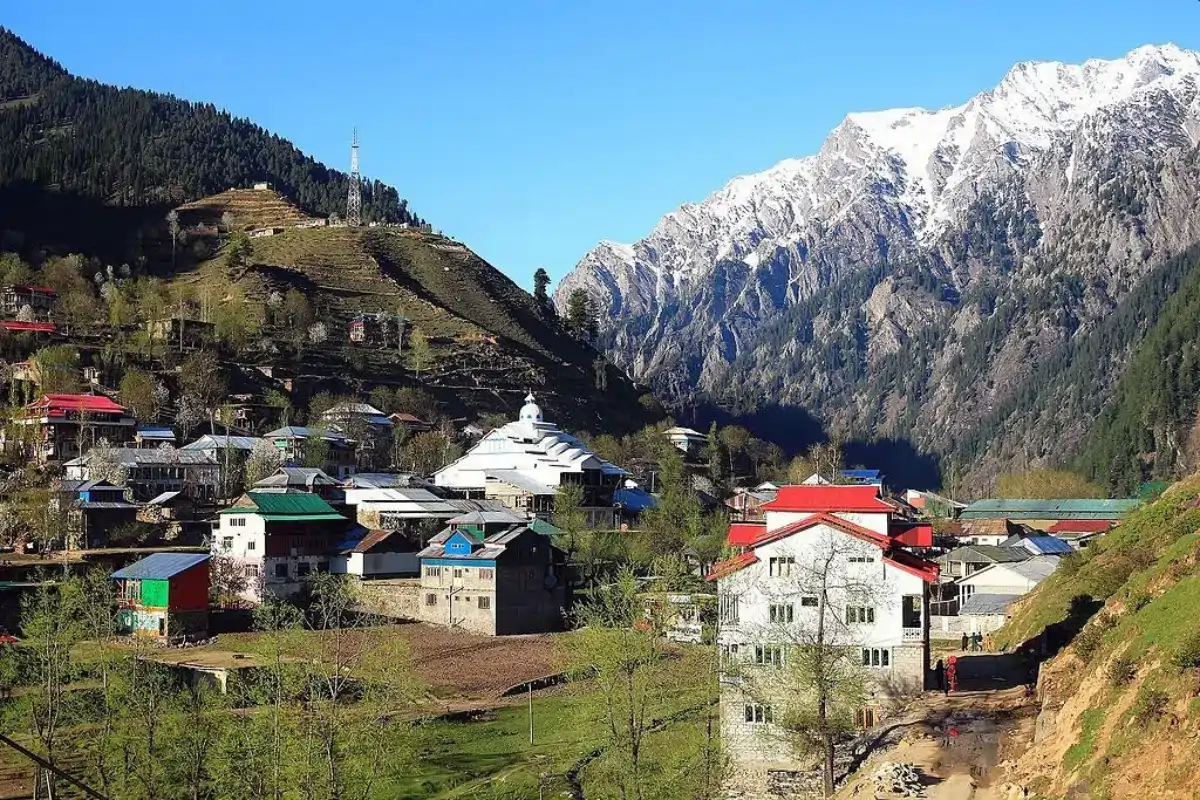
Political System of Azad Kashmir: Challenges and Prospects
Azad Jammu and Kashmir (AJK), or Azad Kashmir, is a beautiful region with stunning landscapes, a rich history, and a unique political system shaped by its complex status within the
Azad Jammu and Kashmir (AJK), or Azad Kashmir, is a beautiful region with stunning landscapes, a rich history, and a unique political system shaped by its complex status within the Kashmir dispute. While it enjoys a degree of autonomy, the political system of Azad Kashmir remains influenced by Pakistan, especially in matters of security, foreign policy, and constitutional issues. This article offers a closer look at the political System of Azad Kashmir, the challenges it faces, and the ongoing efforts to strengthen its governance and self-determination.
The Governance Political System of Azad Kashmir
Azad Kashmir operates as a self-governing region under Pakistan’s administration. However, Pakistan’s federal governance intertwines with its political system, overseeing key areas like defense, foreign affairs, and security due to the ongoing Kashmir dispute.
The Constitution of Azad Jammu & Kashmir (1974)
The political system of Azad Kashmir is based on the Constitution of Azad Jammu and Kashmir, adopted in 1974. This constitution established a parliamentary system, featuring an elected legislature, an executive headed by the Prime Minister, and a judiciary. The region’s political structure, though self-governing in many respects, remains under the shadow of Pakistan’s broader national policies.
Political System: The AJK Legislative Assembly
The AJK Legislative Assembly, which has 53 seats, is the legislative body unique to Azad Kashmir. The Assembly’s members, who are chosen every five years, enact laws about social development, economic policy, and local government. The president of the area plays a primarily ceremonial role, whereas the prime minister of Azad Kashmir is in charge of the administration. Despite its influence, the Assembly functions within a political framework constrained by Pakistan’s authority over specific domains, particularly those about foreign policy and defense.
Political System Parties in Azad Kashmir: Regional Influences and Ideologies
The political landscape of Azad Kashmir is shaped by a few dominant political parties, each representing different regional, ideological, and social segments of society. These parties reflect the diverse views within the region, particularly concerning the ongoing Kashmir conflict, political autonomy, and relations with Pakistan.
1. Pakistan Peoples Party (PPP)
The Pakistan Peoples Party (PPP), founded by the late Zulfikar Ali Bhutto, has long held influence in Azad Kashmir, particularly in areas like Mirpur and Muzaffarabad. The party’s strong rural base and historical significance make it a key player in shaping political discourse. The PPP has consistently called for greater political autonomy and improved governance within Azad Kashmir, with an emphasis on economic development and social welfare.

2. All Jammu and Kashmir Muslim Conference (AJKMC)
The AJKMC is one of the oldest political parties in Azad Kashmir and plays a vital role in the region’s political history. Traditionally aligned with the desire for stronger ties with Pakistan, the Muslim Conference focuses on the rights of Kashmiris, especially in light of the Kashmir dispute with India. The party is central to advocating for the region’s political autonomy, with a particular focus on the preservation of Kashmir’s distinct cultural identity and its relationship with Pakistan.
3. Pakistan Muslim League (PML-N)
In recent years, the Pakistan Muslim League-Nawaz (PML-N) has gained political traction in Azad Kashmir, particularly after its success in Pakistan’s national elections. With a focus on infrastructure development, political stability, and strengthening ties with Islamabad, PML-N has become an important force in the region. Their governance strategies have centered on economic growth, development projects, and fostering a closer connection with Pakistan’s federal government.
4. Tehreek-e-Insaf (PTI)
Led by Pakistan’s Prime Minister Imran Khan, the Pakistan Tehreek-e-Insaf (PTI) has also made significant strides in Azad Kashmir. The party has gained popularity, especially among younger voters, due to its focus on transparency, anti-corruption measures, and good governance. PTI’s entry into Azad Kashmir’s political scene marks a shift toward reform, with an emphasis on political accountability and economic development.
Political System Of Azad Kashmir’s Relationship with Pakistan
Azad Kashmir’s political framework operates under the overarching influence of Pakistan, with Islamabad maintaining control over several key areas such as defense, foreign affairs, and financial matters. The region’s legal and administrative structures are designed to ensure that local policies align with Pakistan’s strategic interests, particularly regarding the Kashmir conflict.
Political System: The Azad Jammu and Kashmir Council
The Azad Jammu and Kashmir Council, chaired by Pakistan’s Prime Minister, oversees much of the region’s governance. This Council includes representatives from both the AJK government and Pakistan’s federal government, ensuring that the region’s policies are in line with Pakistan’s broader strategic and security interests.
While Azad Kashmir enjoys a degree of political autonomy, the region’s leadership often emphasizes its desire for more independence in decision-making. However, significant matters such as defense, foreign policy, and constitutional amendments remain under Pakistan’s control.
Economic Dependency on Pakistan
Azad Kashmir’s economy depends intensely on monetary help from Pakistan, which is utilized to finance foundation projects, social government assistance programs, and authoritative capabilities. While this help has cultivated local turn of events, it has likewise made a reliance on Islamabad, restricting the district’s capacity to diagram a free monetary course. Azad Kashmir’s economy is to a great extent founded on horticulture, the travel industry, and settlements, which are defenseless against outer political and ecological variables.
Challenges Facing Azad Kashmir’s Governance
Despite the political framework and efforts to maintain governance, Azad Kashmir faces several challenges, including limited autonomy, political instability, security concerns, and economic dependency.
1. Limited Autonomy and Political Centralization
One of the most pressing issues facing Azad Kashmir is its limited autonomy. While it has its own government and legislature, Pakistan’s oversight in key areas such as defense, foreign policy, and constitutional matters restricts the region’s ability to fully exercise self-governance. Calls for greater autonomy have been a central theme in political debates within Azad Kashmir.

2. Political Instability and Party Rivalries
Azad Kashmir’s world of politics is much of the time set apart by profound divisions among the major ideological groups. Competitions between the PPP, PML-N, AJKMC, and PTI can bring about political gridlock, dialing back administration and the execution of changes. Personalism and factionalism likewise add to the flimsiness, making it harder to accomplish long-haul political arrangements.
3. Security Concerns Due to the Kashmir Dispute
The ongoing conflict over Kashmir between India and Pakistan continues to affect Azad Kashmir’s political and security situation. Tensions along the Line of Control (LoC) have led to frequent military skirmishes, which disrupt local governance and development efforts. The region’s proximity to conflict zones adds another layer of complexity to the political landscape.
4. Economic Challenges and Dependency
Azad Kashmir’s heavy reliance on financial aid from Pakistan limits its ability to diversify its economy. Agriculture and tourism—both vital sectors—are vulnerable to external shocks, such as political instability, natural disasters, or fluctuations in global tourism trends. The region’s economic growth is often constrained by its reliance on external funds, which can undermine local initiatives for self-sustained development.
Towards a Sustainable Political System: Reforms and Opportunities
The political structure of Azad Kashmir continues to juggle Pakistan’s supervision with autonomy. Even though the region has made great progress toward self-governance, more reforms are required to solve its problems. For Azad Kashmir to have a prosperous future, political stability, more local autonomy, and economic diversification are essential.
With its stunning scenery and lively culture drawing tourists from all over the world, Azad Kashmir can boost its economy and advance political reforms that support the goals of its citizens. A more autonomous and self-sufficient region may be possible with more investment in local government, infrastructure, and education.








